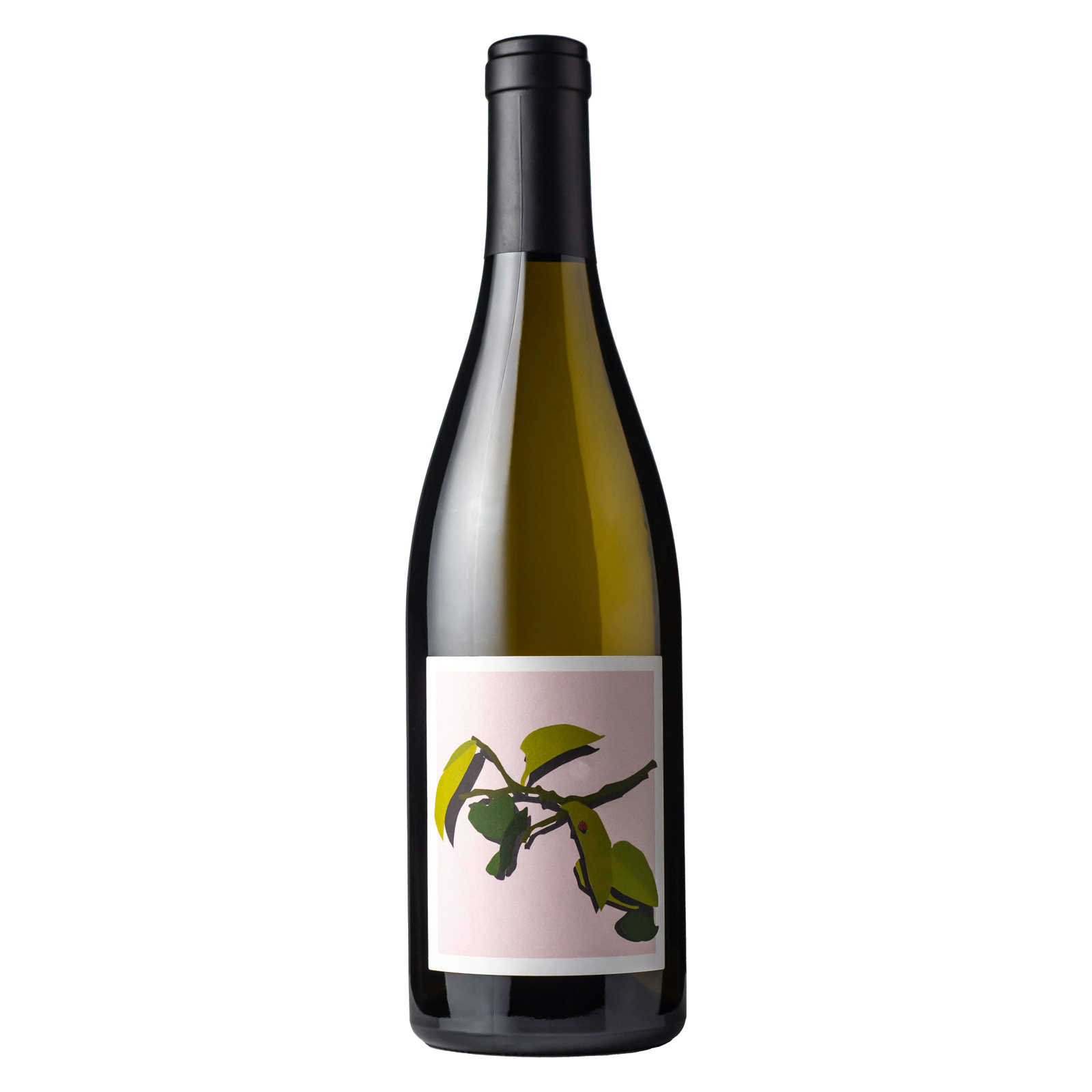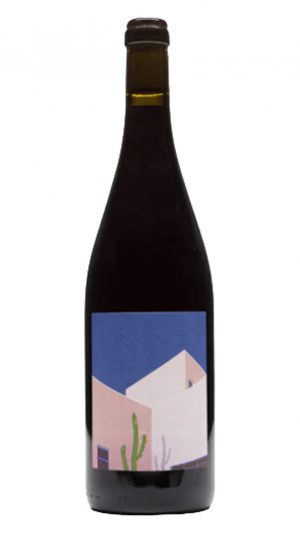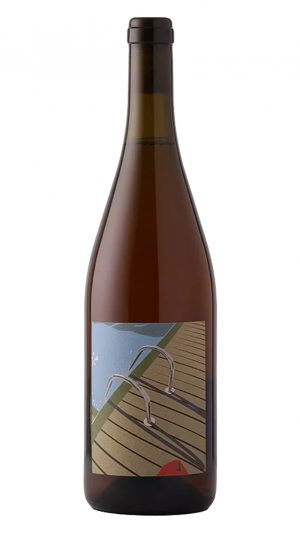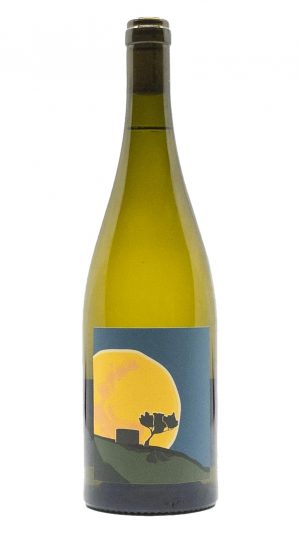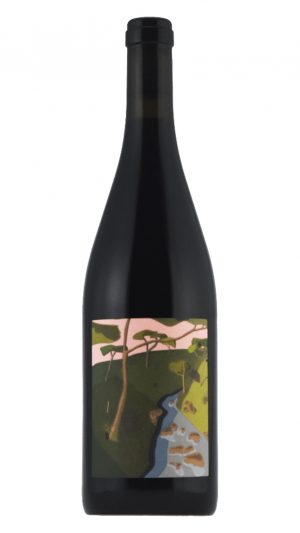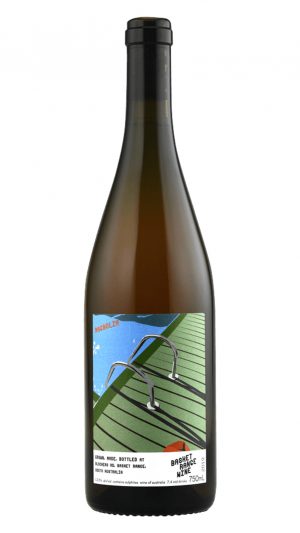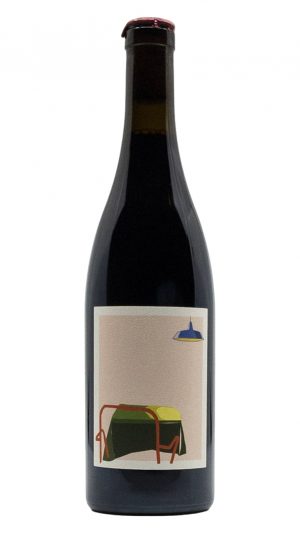Basket Range Chardonnay 2020
Type: White
Country: Australia
Region: Adelaide Hills
Grape Variety: 100% Chardonnay
Viticulture: Certified Organic
Climate: Cool climate in one of Australia’s most elevated regions
Terroir: Estate grown Chardonnay (G9V7 and Antav95 clones) planted on a north-facing site just behind the winery. The fruit retains a nice acid line, and is made to build texture around citrus pith, with a bright core. Vineyards grow on a soilbed of loam on red clay and sandstone, with some ironstone
Winemaking: Whole bunch pressed. Partial barrel fermentation. Matured in French barriques for ten months with some battonage
Color: Pale yellow
Nose: Fresh aromas of lemon balm and white stone fruits
Palate: This is Chardonnay with finesse. It has fragrant fruit, creamy texture through the mid-palate, and persistent freshness
About the Winery:
In 1978 Phillip Broderick purchased a property in Basket Range, in the Adelaide Hills. He planted the initial small vineyard containing a selection of Bordeaux varieties in 1980 and began making wine. In the mid-’80s Phillip met Mary and their two sons Louis and Sholto were born at Basket Range in ’92 and ‘95 respectively.
In the early 2000s, the Brodericks moved up the hill to the neighbouring property where they planted the larger vineyard.
Basket Range is one of the steeper parts of the Adelaide Hills. Traditionally any arable and workable slopes were planted with orchards of apples and cherries in addition to other horticulture. There are still some remnant patches of these orchards on the property, as well as native scrub.
The vineyard itself is 13.5 acres under vine and is approximately 450m in elevation. It has three different aspects; two northern and one southeast-facing. With the steep topography, these give a range of exposure and soils. The varieties grown are Pinot Noir (both 777 and MV6 clones), Merlot, Cabernet Sauvignon, Chardonnay, Petit Verdot and a small amount of Saperavi. The soil types in the vineyard vary, which comprises of loamy red and blue clay over sandstone, and some of schist, ironstone and shale. The vines are grown organically.

